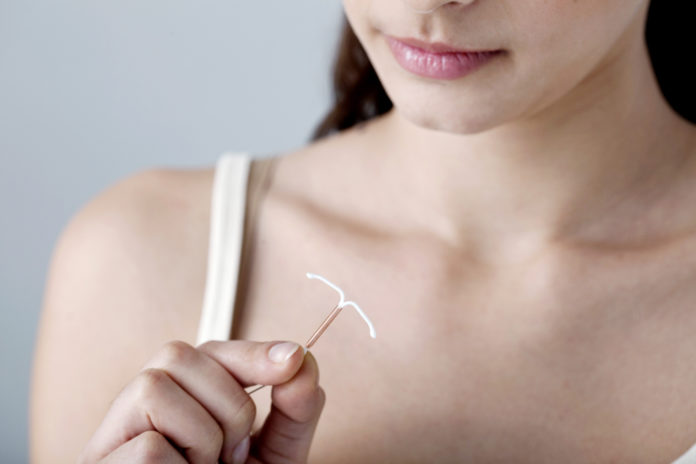
<img class=”alignnone size-full wp-image-95739″ src=”https://www.medaxs.com.au/wp-content/uploads/2015/07/shutterstock_1741976931.jpg” alt=”shutterstock_174197693″ width=”1000″ height=”667″ data-wp-pid=”95739″ />
I hear this fairly often: Women telling me they asked their GYN for an IUD and were told that they couldn’t because they had never had children. Their GYNs are wrong and unfortunately it’s not just a few who think this way.
A study from last year tells us that 32 percent of OB/GYNs think that women who have never been pregnant and 56 percent of teenagers are not candidates for an IUD. This is not only incorrect, but it is actually pretty old thinking.
In addition, the last few years have seen several excellent studies looking at IUDs in adolescents and no concerns regarding an increased rate of infection were identified.
Who shouldn’t get in IUD?
- Women with Wilson’s disease (a disorder of copper metabolism) can’t have a copper IUD, but they can have a Mirena.
- Women with a progesterone sensitive breast cancer can’t get the Mirena IUD, but they can have a copper IUD.
- Women who have fibroids distorting the inside of the uterus or a uterine septum typically can’t get an IUD (this is a fit issue).
- Women who have a uterus that is too small or too big for an IUD (you find out this when the doctor or nurse practitioner checks the uterus right before insertion) also can’t get one. In my experience, this is pretty uncommon, maybe 1 percent of the time.
If your doctor refuses to let you have an IUD and you don’t fall into one of the above categories, then I’d ask why. If they tell you it is because you have never been pregnant or are a teenager they are wrong and if you want an IUD (the most effective form of reversible contraception) get another provider. Not only so you can get an IUD, but if they are that outdated in their IUD thinking (remember, the study showing there was no link to infertility was published in 2001) then I would wonder what other aspect of their care is less than up to date.
Jennifer Gunter is an obstetrician-gynecologist and author of The Preemie Primer. She blogs at her self-titled site, Dr. Jen Gunter.
